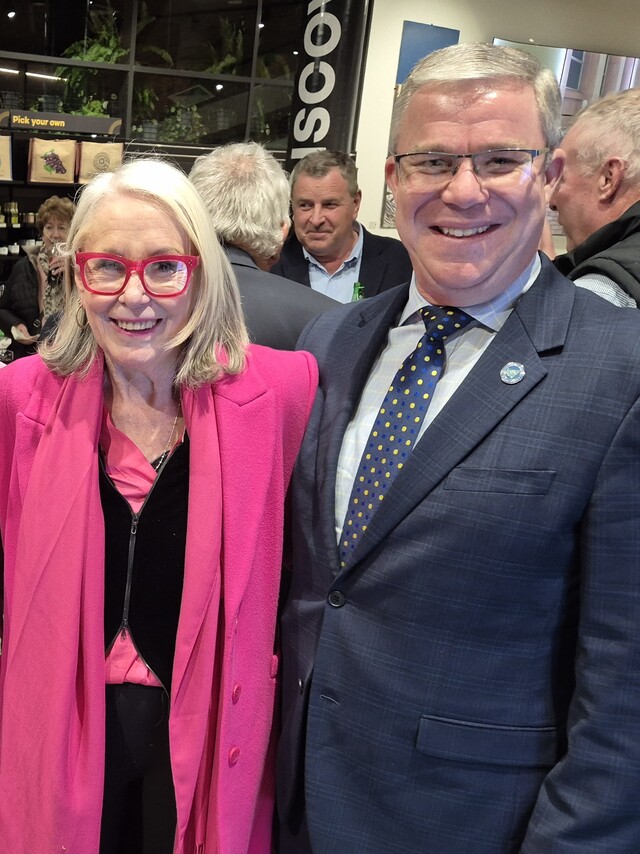Overcoming cynicism for the right reasons
By Ian McKendry *
Governments all over the world are making noises about community ‘consultation’ and ‘engagement’. Nowhere is this more strongly manifested than in Local Government. Let’s look at some of the reasons for this, and think about some straightforward ways of addressing the issues.
There is a growing recognition that we are in a crisis of democratic legitimacy and accountability.
Traditional structures and cultures of policy formation and decision making are seen as being remote from ordinary citizens, and cynicism towards political and public institutions is widespread. Individuals and communities have become less deferential and better educated, less passive and more concerned at change, less fatalistic and more consumerist and volatile.
Old styles of representation have come under pressure to change, and the idea of ‘accountability’ once every three or four years through the ballot box is widely viewed as inadequate. The sense of alienation from the political process suggests that government is not seen as something that is rooted in decisions by the public themselves. Perhaps people feel a loss of ownership of the democratic process itself.
A recent OECD report (Citizens as Partners: Information, Consultation and Public Participation in Policy Making. OECD, Paris 2001) concludes that ‘democratic governments are under pressure to adopt a new approach to policy-making … one which places greater emphasis on citizen involvement both upstream and downstream to decision making. It requires governments to provide ample opportunity for information, consultation and participation by citizens in developing policy options prior to decision making and to give reasons for their policy choices once a decision has been taken’.
We who work in Local Government will be familiar with this consciousness. There is genuine concern felt by many in the area to address this malaise. The need to retain and enhance the vital link between ‘Local Government’ and ‘local community’, and how best to bring it about, is a ‘hot topic’ among thoughtful participants and observers. As a result, Local Government is at the ‘bleeding edge’ of both demands for involvement and participation, and in experimenting with different mechanisms to achieve this.
We often seem to be caught in terminology in this process. The test is to ask – and honestly answer – ‘what are the real reasons for seeking public participation?’
There is a graduated scale of valid approaches, each of which offers different objectives, promises to the community, and tools to be used in achieving the objectives. These range through the following.
- Informing – to assist in understanding a problem, issue or proposal
- Consulting – to obtain feedback
- Involving – to work directly with the public to ensure that concerns are understood
- Collaborating – to partner with the public in the development of alternatives and identification of the preferred solution
- Empowering – to actually place the final decision making in the hands of the public
.
The traditional public meeting, so often the Local Government default on virtually any level of public participation, is but one tool. The key is to get people involved in using an approach that fits the ‘real’ objective. Individuals and communities get very cross when they are led through a process which promises genuine capacity for influence when it is really just an information exercise. Any approach will beneficially emphasise the following.
- Extensive outreach to make sure that activities include people who do not hold leadership positions and whose voices are not commonly heard.
- Discussions geared to average citizens instead of just experts.
- A civil exchange of ideas among participants without grandstanding or polemics.
- Tolerance for people with different points of view.
Communities see that the traditional political process is failing them, and the search is on for honest, effective public participation. Local Government is in many areas genuinely seeking clever and innovative approaches which honour this community desire. This is being pursued because it results in better decision making, more effective use of Council resources, and better informed and equipped elected members.
Oh, and more cooperative communities which may see their Council as a relevant and valuable part of the community.
* Ian McKendry’s Melbourne based consultancy practice McKendry and Associates specialises in mediation, community consultation and policy development in Local Government. Ian is also the Victorian Associate of Mediate Today Pty Ltd, Australia’s largest dispute resolution agency. For further information telephone (03) 9387 4590 or email ifmck@ozemail.com.au







